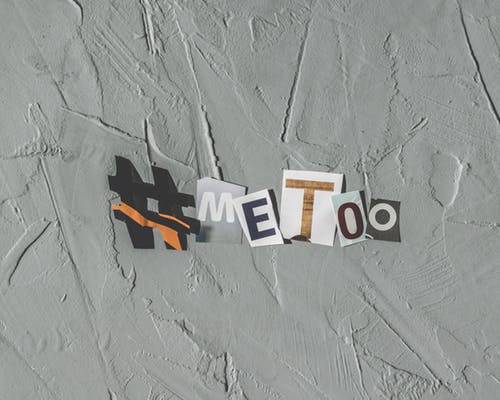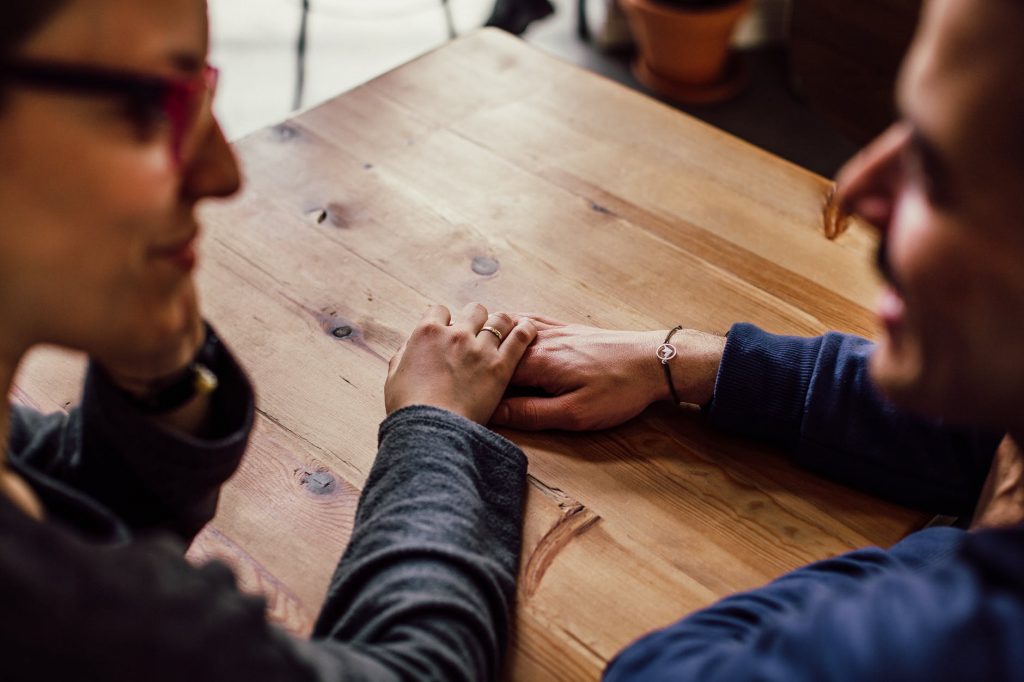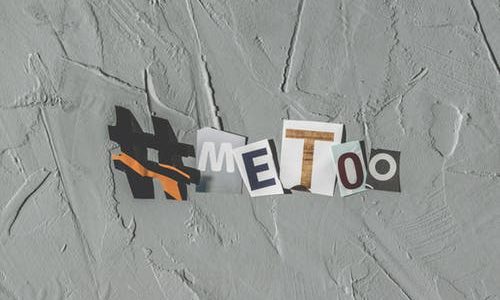This time last year, social media was buzzing with the words #MeToo, creating a movement that reached far and beyond the social media realm. We’ve seen influential women echo the call for change in the misogyny of Hollywood and society during the Golden Globes, the Oscars and several other award ceremonies. We’ve seen an everyday woman change the grim meaning of her bed, the place of her assault, to a message of hope and openness by placing it outside her house and encouraging others to write on it, whether it be words of support or of their own survival story.
Throughout 2018, we have seen many brave women speak up in so many different forms, not only to tell their stories for themselves, but also to inspire others to do the same.

Ellie Woods is one of these brave women. In 2018, an article by Ellie, a student at the University of Melbourne, was published in the Ormond Papers. In that article, she disclosed her experience of sexual assault in college.
Her words should be seen as an inspiration to everyone that they should feel safe and free to approach someone to seek for help or guidance, or someone to simply talk to. We live within a system that somehow still works against survivors rather than helps them and that has questionable policies to deal with assault.
To quote Ellie on Ormond and the University, when perpetrators are likely to receive harsher punishments for plagiarism than for sexual assault then we’ve got a problem.
Her purpose is not to instil fear, but rather to bravely highlight the fact of the matter and to begin an honest, open and fearless conversation.
I encourage you to please have a read of Ellie’s full article to fully understand her, her experiences, and her plight for better support for survivors and preventive measures for assault. Many may find it hard to talk about, but it starts with these honest, open and fearless discussions to make change.
Ellie’s focus on the reasons why survivors are hesitant to disclose their experience reveals a common fear of not being heard or believed, and with the system that we live in (one that is caught in a prevalent culture of victim-blaming), it is not hard to see why they feel this way. Fortunately, there were those who did listen to Ellie and supported her, not only in believing in her experience but also in helping her write and publish this article, and the responses to her article reflect this attitude – however, not everybody has gotten that privilege.
This issue needs to be addressed. What may happen in conversations that involve sexual assault and similar matters is that we actually don’t end up fully listening, or we almost avoid it because we don’t understand it and don’t know how to deal with listening to hurtful, violent stories. Or some may jump into a story that is somewhat (but not really) similar to theirs because we want to make it feel like we can relate. But the truth is: we can’t. Because we didn’t go through what these survivors did, what they are going through now and every single day.
As 2019, moves along, my hope is that the power of the #MeToo movement continues to inspire change and discussion.

When your friend or family member, or anyone, comes up to you to tell their story – which you have to remember is already a huge step for them – we must be ready to listen. And listening doesn’t just mean hearing. Listening is being 100% attentive to what they have to say, without judgement, and being there for them. You don’t have to say anything major or try to relate – just sharing your presence, giving words of affirmation and support, letting them know that you are there for them, is enough.
By listening without judgement, you validate their experiences and allow them to feel heard. By listening and understanding, you help de-stigmatise the topic of rape survivors and their struggles. There are long-term effects beyond the graphic details of the assault that the media often neglects to shed light on, and it is these long-term effects, such as PTSD, that hurt the most.
This 2019, let us continue to speak up about our stories and, equally as important, listen to each other with full attention. Let us have open conversations, even if they may hurt, because we need to first acknowledge the fact that violence does happen in our society, to us. Only then can we create effective and lasting changes for the betterment of our communities.
When you have something to say, speak up.
When someone needs to be heard, listen.
If you would like to read more on listening to survivors’ stories, I invite you to check out the following links:
9 Lessons by Julia Philips – Julia Philips lists 9 lesson’s she has learned as a rape counsellor, including how to listen to people’s stories in a way that helps in the long run.
Just listening is what turns a victim into a survivor by Christine Ristaino – Christine Ristaino, rape survivor, expressed how, just by someone listening to her and fully acknowledging her trauma, a victim can be turned into a survivor.
Rape can happen to anyone – we need to listen to people’s stories – An article tied to a documentary about openly speaking of their experiences and trauma. This details Winnie M Li’s struggle in coping with her traumas and advocating change for open discussions.

